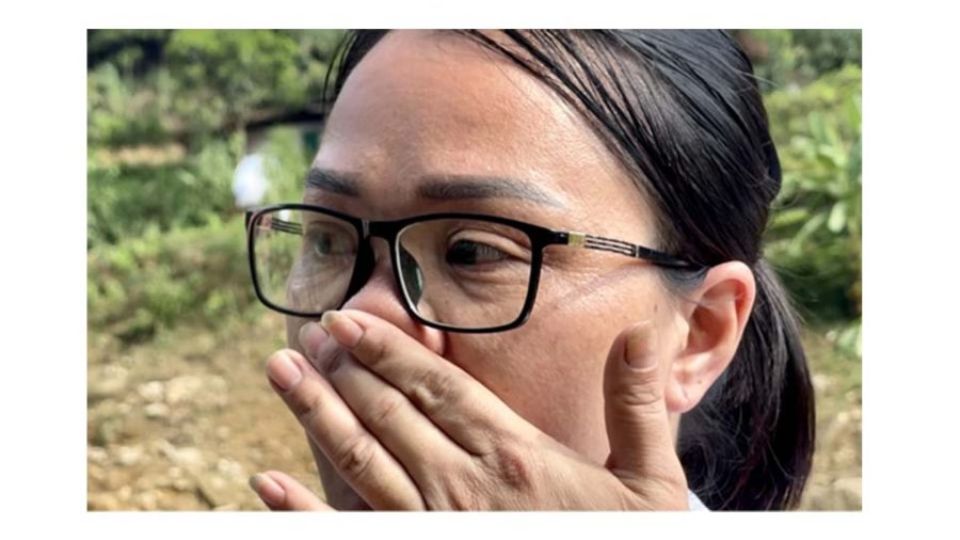September 20, 2024
HANOI – For the past five days, rescue forces have been racing against time to search for missing victims in Nậm Tông village in Nậm Lúc Commune, Bắc Hà District, Lào Cai Province.
Despite challenging conditions such as intense heat, no electricity and no phone signal, about 150 people, including police, military personnel and voluntary rescue teams, have been working tirelessly to assist the villagers.
Walking for many hours along approximately eight kilometres of steep mountain paths during heavy rainfall, Sin Thị Tâm, the Chief of the Nậm Lúc Commune Health Station, will never forget the pleading eyes of the villagers in Nậm Tông, after a devastating landslide struck their village.
As one of the first responders at the scene, Sin Thị Tâm said that at 12.30pm on September 10, she and local authorities received news from the head of Nậm Tông village about a landslide, which had caused multiple injuries.
Local leaders and police determined that, due to the village’s isolation, the only way to access it was by foot, the Thanh Niên (Young people) reported.
“We started moving from the commune centre at 3pm. I was the only healthcare worker in the group, as other staff were also isolated due to the floods. Along the way, we had to navigate through steep mountain paths and dozens of landslide points, reaching the scene by 7.30pm. There we found four bodies and 11 injured people,” Tâm recounted.
That night, she did not sleep, racing against time to provide first aid to the injured, hoping to ensure the safety of all 11 victims.
The following morning, local authorities and militia carried the patients out, despite extremely challenging road conditions.
“With no vehicles available and landslides everywhere, the roads were completely cut off. We had to make stretchers by weaving bamboo. Six people would take turns carrying each stretcher. Among the 11 patients, four had to be carried on stretchers, while four children were carried on people’s backs to be transported out,” Tâm explained.
The first stop for the victims was Bảo Nhai Commune Health Station — the nearest facility to assess their condition – before transferring them to a hospital.
Tears of regret
Tâm said she could never forget the desperate looks in the eyes of Nậm Tông villagers. The injured lay in pain and the villagers, unsure of what to do, anxiously tried to carry people down to the commune centre, hoping to meet the rescue team.
When they arrived, the villagers asked, “Have the medical workers arrived?” – this was a question Tâm could never forget.
“I replied ‘yes,’ and then they told me, ‘There’s a baby with a ruptured abdomen, intestines exposed, but still alive.’ I immediately ran to the child, but by the time I got there, the baby had passed away. That image will stay with me forever.
“If only the road had not been blocked by landslides, I could have arrived sooner and perhaps helped the child find some peace before passing. But I couldn’t make it in time,” Tâm said, her voice breaking.
“During those moments, the doctors from higher-level hospitals also wanted to come and help, but the heavy rains prevented them from reaching the site. For the first two days, I had no time to even eat and it wasn’t until the third day, when things began to improve, that I was able to return to a more normal routine,” Tâm continued, adding that she would remain on site until all the missing people were found.
As of Wednesday afternoon, thirteen bodies have been found at the site.


